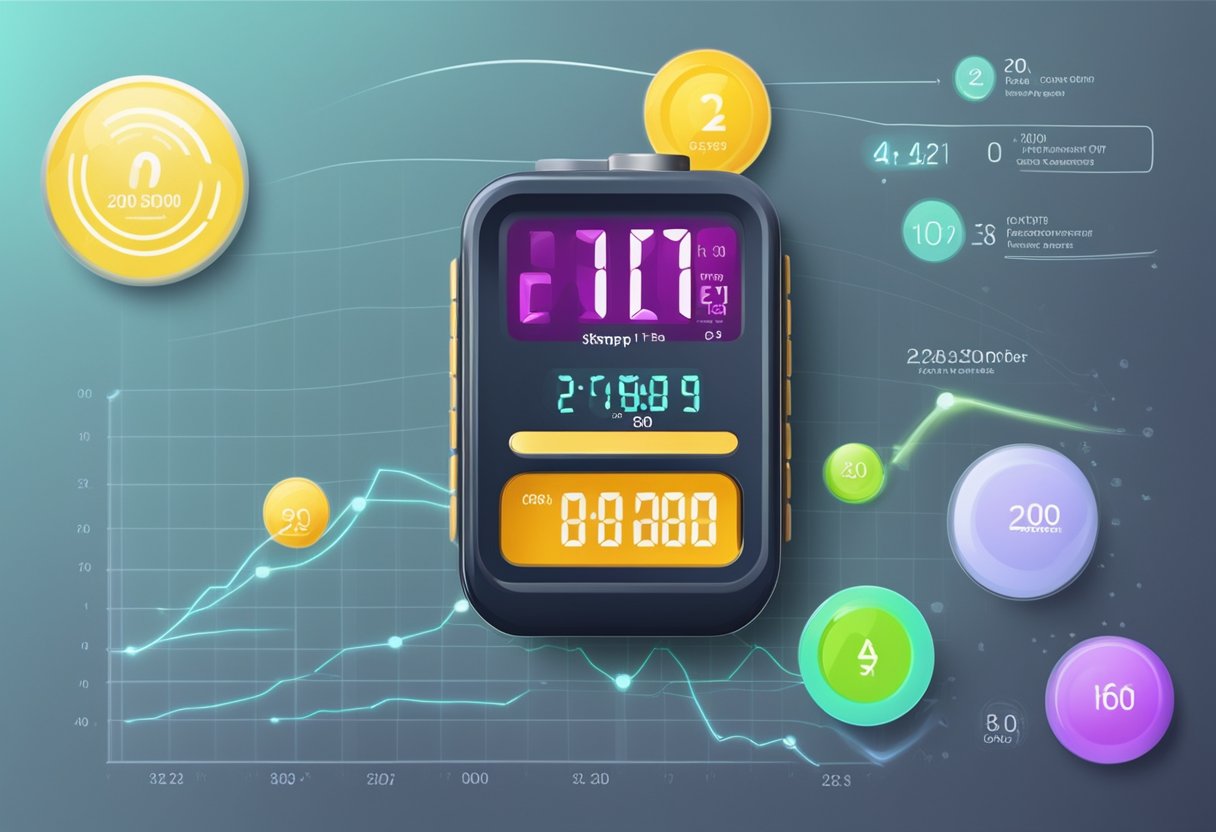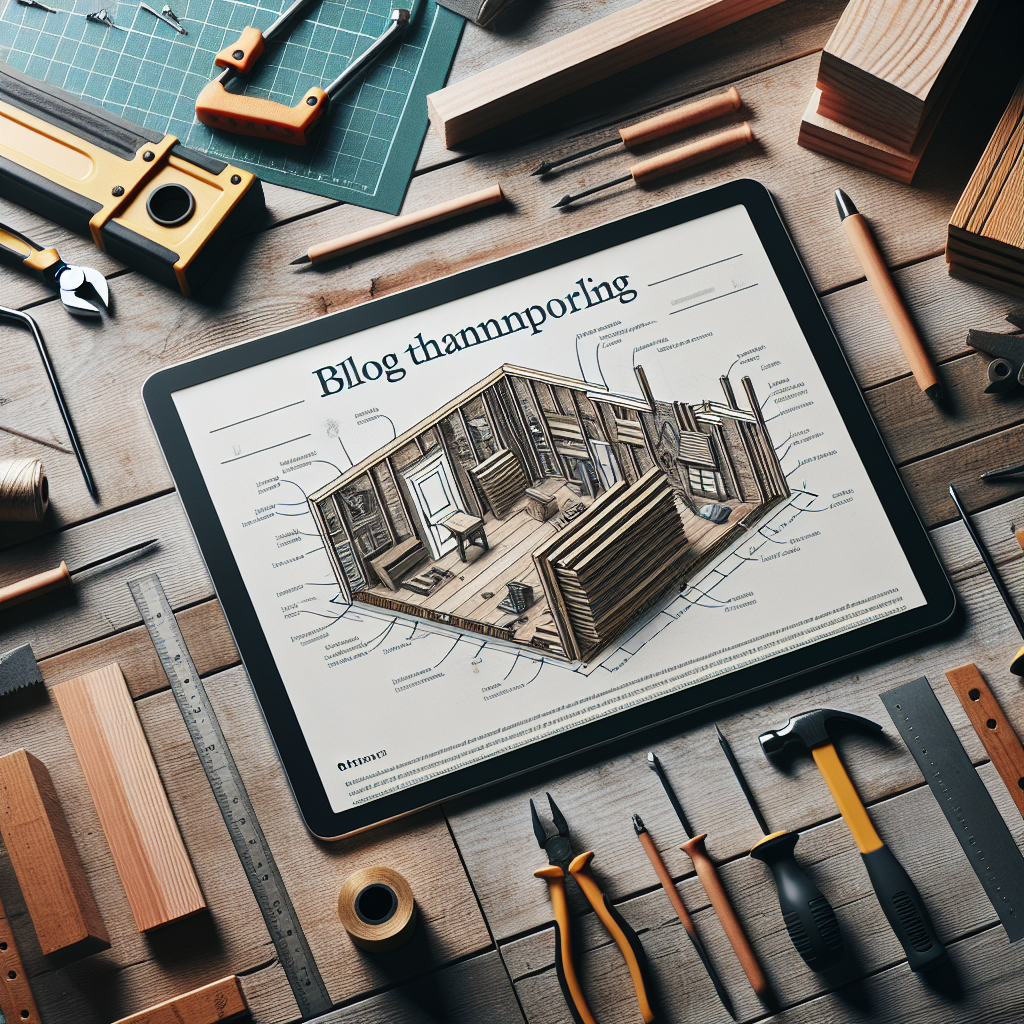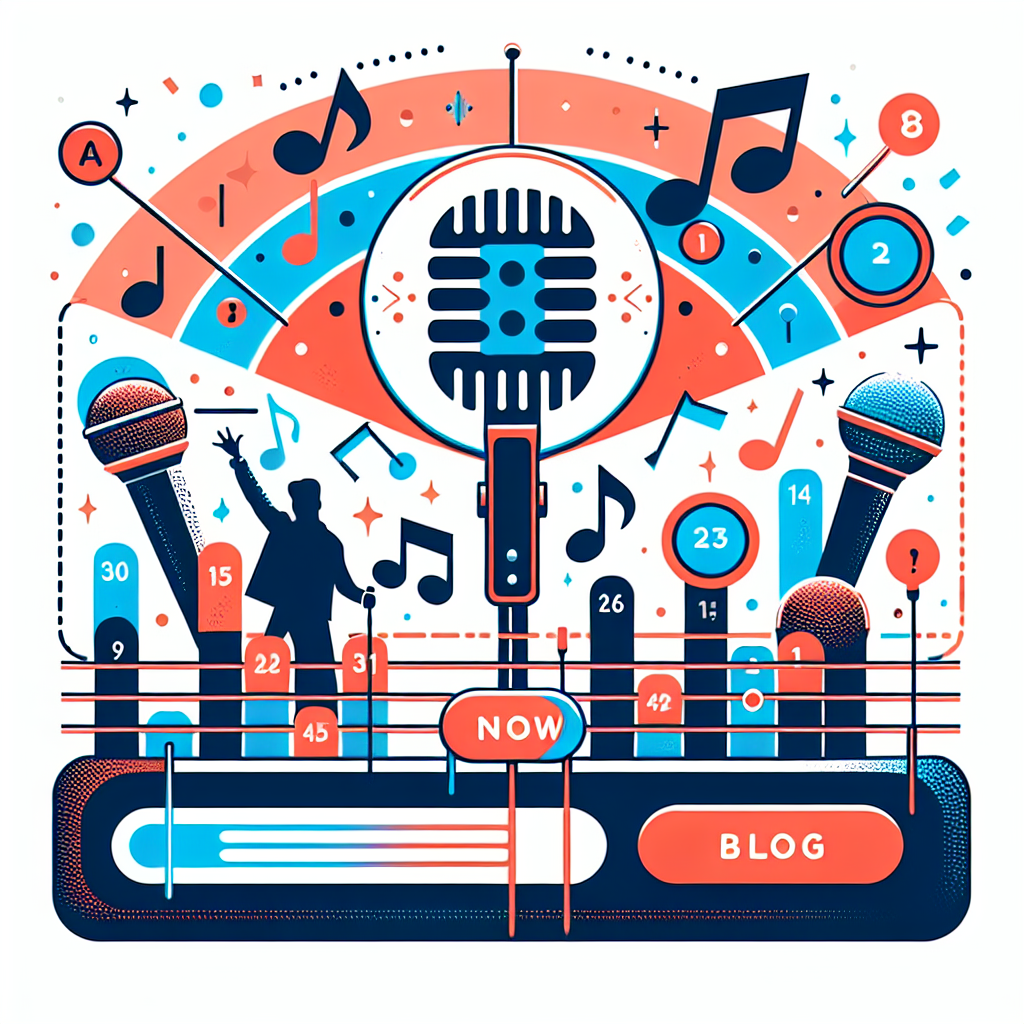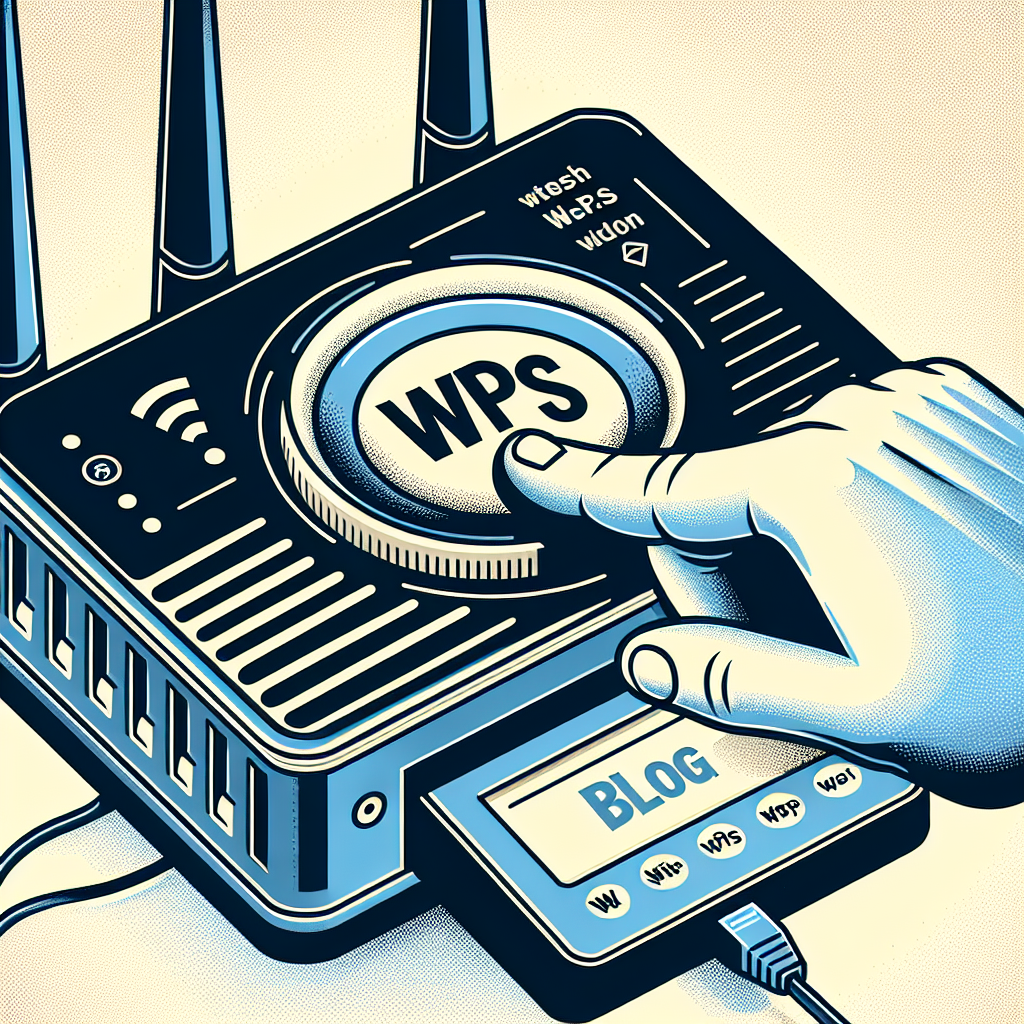Effective Ways to Lower Blood Pressure Naturally
Exploring practical methods for reducing blood pressure can lead to a healthier lifestyle. This article focuses on specific techniques to help lower blood pressure effectively.

Understanding Blood Pressure
Blood pressure is the force of blood against the walls of your arteries. High blood pressure, or hypertension, can lead to serious health problems, including heart disease and stroke. Many people search for ways to lower their blood pressure naturally, using strategies that do not require medication. Let's dive into actionable ways to tackle this issue.
1. Diet Modifications
A significant number of studies support the claim that dietary changes can contribute greatly to lowering blood pressure. Here are some specific dietary changes:
- Adopt the DASH Diet: The Dietary Approaches to Stop Hypertension (DASH) emphasizes fruits, vegetables, whole grains, lean proteins, and low-fat dairy. This diet is rich in potassium and magnesium which can help balance blood pressure.
- Reduce Sodium Intake: Aim for less than 2,300 mg of sodium a day, and ideally no more than 1,500 mg, especially if you have hypertension. Read food labels to track sodium levels in packaged foods.
- Increase Potassium-Rich Foods: Foods like bananas, potatoes, spinach, and beans are high in potassium and help reduce the negative effects of sodium on blood pressure.
2. Maintain a Healthy Weight
Carrying excess weight can contribute to high blood pressure. A targeted approach to weight management can include:
- Regular Exercise: Aim for at least 150 minutes of moderate aerobic activity weekly, such as walking, swimming, or cycling. Regular exercise can help lower blood pressure and control weight.
- Portion Control: Be mindful of serving sizes to avoid overeating. Using smaller plates can help manage portions.
3. Manage Stress Effectively
Chronic stress can lead to temporary increases in blood pressure. Implementing stress management techniques can make a significant impact:
- Meditation and Deep Breathing: Practicing mindfulness meditation or simple deep-breathing exercises can help calm the mind and body.
- Yoga and Tai Chi: These practices combine physical movement, stretch, and meditation, which can provide relaxation benefits.
- Engage in Hobbies: Make time for activities that you enjoy, as this can provide a significant mental break.
4. Limit Alcohol and Caffeine Consumption
Consuming large amounts of alcohol and caffeine can contribute to increased blood pressure. Here’s how you can manage these substances:
- Alcohol: Moderation is key. Limit alcohol to no more than one drink a day for women and two drinks a day for men.
- Caffeine: Caffeine’s role in hypertension is still being studied, but limiting intake, especially if you notice a connection to high blood pressure, can be worthwhile.
5. Get Adequate Sleep
Lack of sleep can contribute to high blood pressure. Ensuring you get enough quality sleep is crucial. Consider these tips:
- Establish a Sleep Routine: Go to bed and wake up at the same time every day, even on weekends.
- Create a Relaxing Bedtime Environment: Your bedroom should be dark, quiet, and cool to promote better sleep quality.
- Avoid Screens Before Bed: The blue light emitted by phones and computers can interfere with your ability to fall asleep.
6. Regular Health Checkups
Regular visits to your healthcare provider can help you keep track of your blood pressure. Bi-annual appointments or more frequently, depending on your health status, can help identify issues early:
- Monitor Blood Pressure at Home: Consider investing in a blood pressure monitor to track your levels and share them with your healthcare provider.
- Follow Medical Advice: If prescribed medication, take it as directed. Discuss any concerns about side effects or interactions with your doctor.
Conclusion
Lowering blood pressure requires a multi-faceted approach that includes dietary changes, healthy lifestyle habits, and stress management techniques. By incorporating these strategies into your daily life, you can effectively manage and lower your blood pressure levels. Remember to consult with a healthcare professional for personalized advice and check-ins.
New posts

Understanding Normal Pulse Rates: What Is a Normal Pulse?
Fitness

Understanding Ruhepuls 60: A Guide to Optimal Heart Rate
Fitness

Understanding Ruhepuls 45: The Ideal Resting Heart Rate for Your Health
Fitness

Understanding Normal Pulse Pressure: What You Need to Know
Lifestyle

Low Blood Pressure and Trembling: Understanding the Connection
Wellness

Understanding Low Blood Pressure at Night: Causes, Symptoms, and Management
Wellness

Understanding Pulsdruck: Key Insights into Your Blood Pressure Dynamics
Wellness

Understanding Why You Might Experience Niedriger Blutdruck
Lifestyle

Navigating Low Blood Pressure and High Pulse: Key Insights
Wellness

Understanding Ruhepuls 40: What It Means for Your Health
Fitness
Popular posts

Understanding Low Blood Pressure and Tiredness: Insights and Solutions
Lifestyle

Understanding Low Blood Pressure with High Pulse Rate
Wellness

Understanding Normal Blood Pressure: A Deep Dive
Wellness

Effective Strategies for Managing Heart Palpitations: What to Do When Experiencing Herzrasen
Lifestyle

Recognizing the Symptoms of High Blood Pressure
Wellness

What to Do When You Have a High Heart Rate
Lifestyle

Understanding Low Blood Pressure: What Does the Lower Value Mean?
Wellness

Understanding Blood Pressure: What Does 110 Over 70 Mean?
Lifestyle

Understanding High Pulse and Low Blood Pressure: Causes and Solutions
Management

Effective Remedies for Low Blood Pressure
Lifestyle